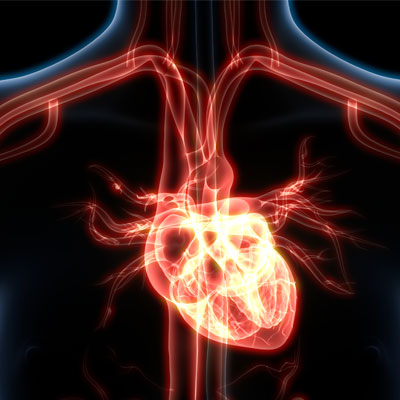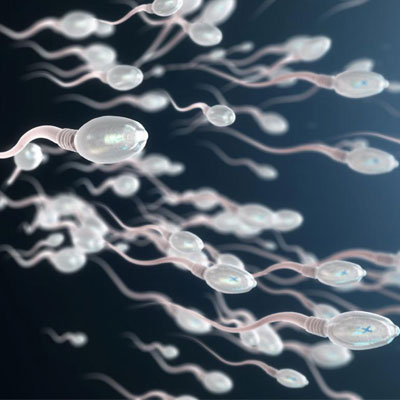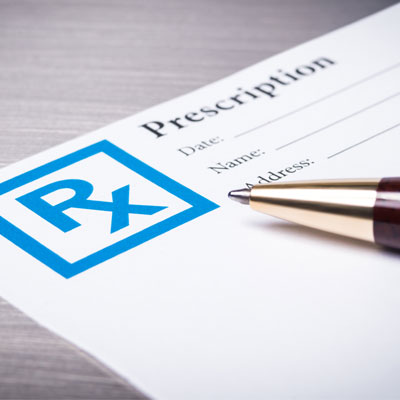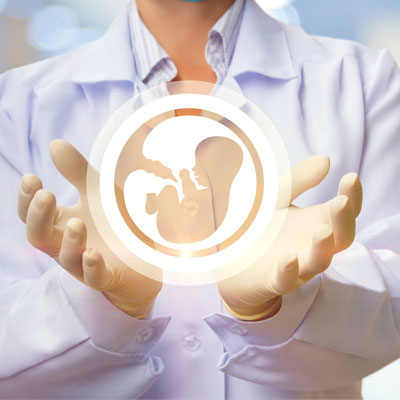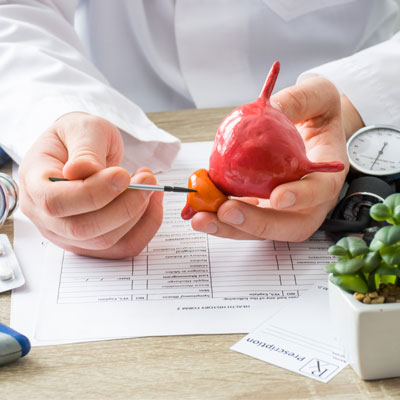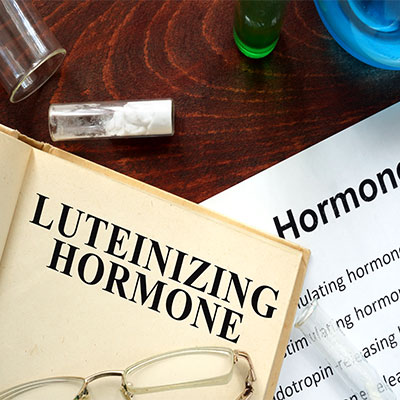Testosterone Therapy for Erectile Dysfunction – Impact of Testosterone Your Libido
Contents
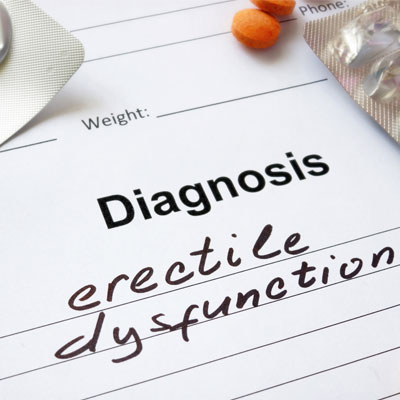
First, let us talk about why testosterone therapy is helpful. Testosterone is the male sex hormone – although it is still important for the female sex drive, as well. When you are in your teenage, and early adult years, your body has more than enough testosterone to fuel its many functions. You feel virile and have no problem achieving and sustaining a hard erection.
Then, you get closer to your thirtieth birthday and time starts to get the better of you. Both testosterone and growth hormone levels begin to decline. Since testosterone influences GH production and vice versa, when one is low, the other may very well be, too.
Now, any man can tell you that age thirty is no time to be dealing with Low T. The good news is that the declining process is a slow one. You will likely only experience a one to two percent drop in testosterone production each year. Unfortunately, that will add up ten to twenty years down the road.
Once you start to experience some of the other symptoms of Low T, it is wise to get your blood levels checked for a deficiency. If you have low testosterone, then testosterone therapy can increase your hormone levels.
Whether or not testosterone treatment for erectile dysfunction will work for you depends on if Low T is a contributing factor.
Testosterone therapy may help some men reverse the symptoms of erectile dysfunction.
What Is Erectile Dysfunction (ED)?
Erectile dysfunction is a blanket term that covers a variety of issues with the male erection process. Some men find that they experience only one aspect of ED. Others may have problems in each of the areas mentioned below. The connection between testosterone therapy and erectile dysfunction occurs when Low T is a prevailing factor based on some of the causes of ED.
Symptoms of erectile dysfunction
These are the issues that some men experience with erectile dysfunction:
- Loss of morning erections – many males wake up with an erection in the morning. One sign of concern is when that no longer occurs.
- Slow or difficult achievement of an erection – decreased sexual arousal and desire are often connected with this area. Not being able to achieve an erection is a cause of added stress that only worsens the situation as it increases cortisol levels which further reduce testosterone production.
- Reduced erection frequency – this occurs when a man can no longer achieve as many erections in one night as he did in his younger years.
- Decreased erection strength – you can achieve an erection, but it is not as hard and strong as in the past. The result of this situation can also be a reduced ability to perform.
- Weaker or non-existent orgasms – some men suffering from erectile dysfunction cannot reach orgasm. For others, they experience premature ejaculation or one that has less ejaculate volume.
What causes erectile dysfunction?
Erectile dysfunction has numerous causes, with the following factors contributing to ED:
- Hardening of the arteries, clogged arteries due to atherosclerosis
- Reduced blood flow to the penis
- Elevated cholesterol or blood pressure levels
- Depression, anxiety, or stress
- Heart disease
- Diabetes
- Obesity
- Metabolic syndrome
- Sleep disorders
- Cancer treatments
- Prostate trouble
- Parkinson’s disease
- Alzheimer’s disease
- Multiple sclerosis
- Peyronie’s disease
- Some medications
- Spinal cord or pelvic injuries or surgery
- Alcohol or drug abuse
- Trouble in a relationship
- Infidelity
ED causes can stem from emotional or medical issues.
What causes an erection?
The penis contains two chambers called corpora cavernosa made up of spongy tissue that can gain blood volume and expand. The arteries that supply the blood to your penis are partly open to help keep the tissue healthy. When you become aroused, your brain sends down signals that trigger hormonal responses that cause the arteries to open all the way. The result of this opening is an increased flow of blood into the corpora cavernosa. Blood enters the penis faster than it can leave through the veins, trapping the blood in the penis and causing the penis to expand and become hard. When the signals from the brain end, the hormone responses disappear, and the arteries and penis return to their normal state.
How is ED diagnosed?
Your doctor will take a detailed medical history and conduct a thorough examination to determine if there are any underlying medical conditions present. You will likely have a urine test to determine if any urinary issues are present. Blood analysis is critical as it measures many areas, including hormone levels. In some cases, additional diagnostic tests are necessary, such as neurological or psychological evaluations.
For men who suspect ED linked to testosterone deficiency due to no other underlying causes, an exam and blood workup may be all that is necessary if you contact a hormone specialist. If Low T is the diagnosis, you can then try testosterone therapy for erectile dysfunction to see if that works before proceeding with further tests.
Direct Impact of Testosterone on Erections
Testosterone directly influences a man’s sex drive. If the ED problems stem from Low T with an absent libido, then the use of testosterone therapy for erectile dysfunction can be extremely beneficial. Because testosterone also aids spermatogenesis, it helps provide the testes with mature sperm ready for the next ejaculation. Declining testosterone levels can also impact ejaculatory responses.
Another direct relationship between testosterone replacement therapy and erectile dysfunction is that testosterone helps promote red blood cell production. If you are anemic due to Low T, your circulation will decline, and there will not be enough blood flow to the penis.
Indirect Impact of Testosterone on Erectile Functions
The indirect connection between testosterone and ED is even more extensive. Low testosterone is a cause of high cholesterol which can lead to clogged arteries which reduce blood flow. If the blood is having a difficult time getting pumped through the arteries, you may suffer from erectile dysfunction.
When you reduce cholesterol buildup in the arteries with testosterone replacement therapy, male erectile dysfunction often improves.
Testosterone also aids glucose and insulin functions, helping to reduce the risk and effects of diabetes. Additionally, testosterone connects with androgen receptors in the brain to stimulate feelings of desire and arousal. In that way, the use of testosterone therapy for erectile dysfunction can help you get in the mood.
Testosterone therapy will help you sleep better at night, leaving you with more energy during the day. Since testosterone helps to reverse feelings of depression and lowers cortisol levels, you will have less stress and anxiety. A better mood can also help improve erectile functions. Testosterone also helps to normalize blood pressure levels which can benefit heart functions and circulation.
How Can Testosterone Improve My Erections?
If you are testosterone deficient, you probably have many of these issues working against you. Because weight gain and muscle loss associated with Low T change your appearance, you may lose the self-image you once had. For many males, that translates to reduced desire for sex. The use of testosterone therapy for erectile dysfunction can give you back your body-image.
Testosterone works on the brain and the body to improve your overall health and quality of life. You may be wondering how long it takes testosterone to cure erectile dysfunction. Unfortunately, there is no set answer we can provide.
Some men notice increased feelings of sexual desire within a few weeks of starting testosterone therapy. Others report that they have stronger or more frequent erections within a month or two. Each man is different. If, after three or four months of treatment, you do not notice any changes in erections, but you see improvements in other symptoms of Low T, it may be time to look for other causes of your ED.
Please contact our hormone clinic for a free, confidential consultation to discuss your situation.
Testosterone therapy works directly on the brain and body to improve many of the issues that may cause erectile dysfunction.
- Dr. Nilgun Gurbuz, Dr. Elnur Mammadov, Dr. Mustafa Faruk Usta
- Chia-Chu Liu, MD, PhD, Shu-pin Huang, MD, PhD, Dr Wen-Jeng. Wu, Chia-Cheng Yu, MD, Dr. Chii-Jye Wang
- Entesar Oa El Saghier, Salah E. Shebl, Ms, MD, Olfat A Fawzy, MD, Dr. Ihab El Tayeb, Lamya Ma Bekhet, Abdelnasser Gharib
- Akinlolu Ojumu Adrian S. Dobs
- R. Shabsigh
- T I S Hwang & Y-C Lin
Hypogonadism and erectile dysfunction
Management of Erectile Dysfunction With Hypogonadism
Androgen Deficiency and Erectile Dysfunction in Patients with Type 2 Diabetes
Is Hypogonadism a Risk Factor for Sexual Dysfunction?
Hypogonadism and erectile dysfunction: the role for testosterone therapy
The relationship between hypogonadism and erectile dysfunction

